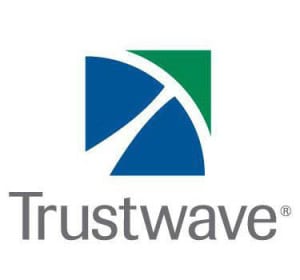The end of Microsoft supporting its Windows Server 2003, meaning Microsoft will stop issuing patches for the platform leading to security holes that businesses will be unable to patch and close. Please find below the following comment from Karl Sigler, Trustwave Threat Intelligence Manager as he highlights what businesses should be doing to ensure they don’t fall victim to a data breach, due to an end of life server.
Karl Sigler, Threat Intelligence Manager, at Trustwave :
“In addition to “ringfencing” or additional network segmentation of Server 2003 systems, exploit and malware filtering can provide an additional layer of protection. Anti-malware gateways can filter exploits before they even reach your servers. This concept is generally known as “virtual patching”. By blocking an exploit with a gateway device like a WAF or a Secure Email Gateway, you’re not as dependent on the physical patches that Server 2003 will be missing.
Network monitoring is also an important security step in this situation. By not upgrading Server 2003, your organisation will be taking on more risk with every vulnerability that goes unpatched. Monitoring your network for anomalous or strange traffic can be a crucial tool for identifying and containing a breach.”[su_box title=”About Trustwave” style=”noise” box_color=”#336588″] Trustwave helps businesses fight cybercrime, protect data and reduce security risk. With cloud and managed security services, integrated technologies and a team of security experts, ethical hackers and researchers, Trustwave enables businesses to transform the way they manage their information security and compliance programs. More than 2.7 million businesses are enrolled in the Trustwave TrustKeeper® cloud platform, through which Trustwave delivers automated, efficient and cost-effective data protection, risk management and threat intelligence. Trustwave is a privately held company, headquartered in Chicago, with customers in 96 countries.[/su_box]
Trustwave helps businesses fight cybercrime, protect data and reduce security risk. With cloud and managed security services, integrated technologies and a team of security experts, ethical hackers and researchers, Trustwave enables businesses to transform the way they manage their information security and compliance programs. More than 2.7 million businesses are enrolled in the Trustwave TrustKeeper® cloud platform, through which Trustwave delivers automated, efficient and cost-effective data protection, risk management and threat intelligence. Trustwave is a privately held company, headquartered in Chicago, with customers in 96 countries.[/su_box]
The opinions expressed in this post belongs to the individual contributors and do not necessarily reflect the views of Information Security Buzz.


